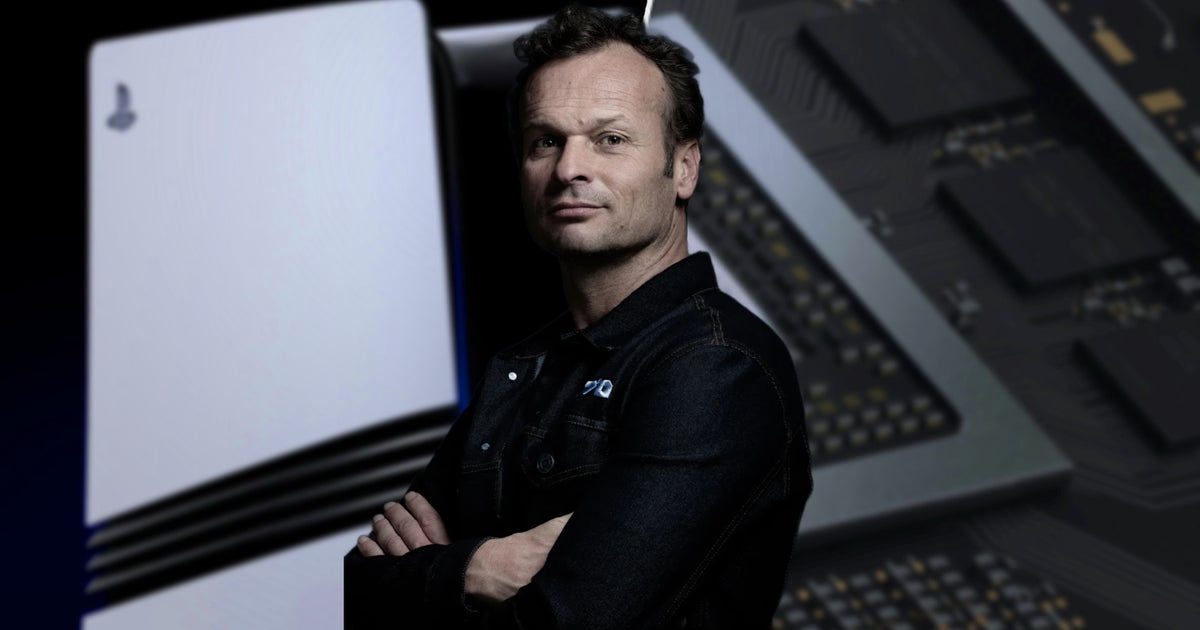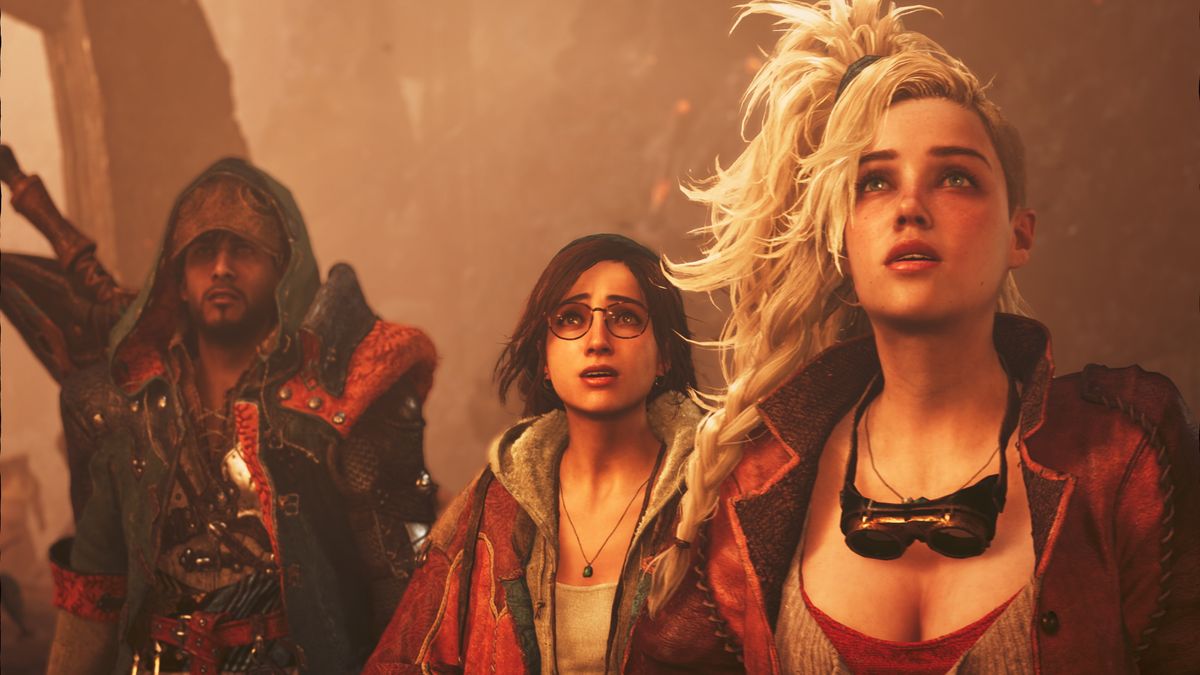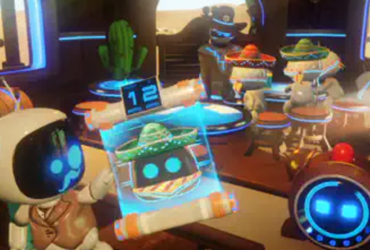The BBC has spoken to PlayStation co-CEO Hermen Hulst about AI’s future in the video game industry in an exclusive interview. When asked on how much an impact AI will have on the industry, Hulst stated that a balance must be struck between human-made games and AI-generated products.
“I suspect there will be a dual demand in gaming: one for AI-driven innovative experiences and another for handcrafted, thoughtful content,” the exec said, “Striking the right balance between leveraging AI and preserving the human touch will be crucial.”
The BBC article provided some important context ahead of these quotes, noting Sony’s own part in the recent hemorrhage of video game industry talent with the closure of its London studio, as well as strikes over AI’s implimentation into the video game industry. With the industry as a whole taking loses following a surge in income during the COVID lockdowns (due to a combination of unrealistic growth targets in post COVID period, overhiring, etc), some companies have looked to AI as a way to turn the ship around.
However, it’s a controversial stance. As mentioned before, the technology has a bad reputation among game developers due to its ability to potentially cost human jobs, as well as its “souless” qualities. It doesn’t help that AI games right now tend to be total trash, so you’ve also got huge numbers of gamers standing firm against its integration.
What we’ve seen so far is AAA video game developers and publishers experimenting with AI in a limited capacity, be it small selections of art in Foamstars or Nvidia’s ethical nightmare AI NPC. Hulst’s opinion, that companies will try to maintain their human-led development while also continuing exploration into AI video game development, seems to mirror the current stances of a lot of industry high-ups who aren’t going all-in on AI, but also don’t want to rule out exploring the ways their companies might be able to use it in game development.
So AI probably isn’t going anywhere as far as video games are concerned. However, how large a portion of video game companies’ portfolios are made up of AI projects depends on consumer interest. So if you’re not interested, don’t buy ’em! It’s as tried and true a method of influencing change as any other option those below a company’s C-suite will get.
fbq('init', '1749355691872662');
fbq('track', 'PageView'); window.facebookPixelsDone = true;
window.dispatchEvent(new Event('BrockmanFacebookPixelsEnabled')); }
window.addEventListener('BrockmanTargetingCookiesAllowed', appendFacebookPixels);











Leave a Reply